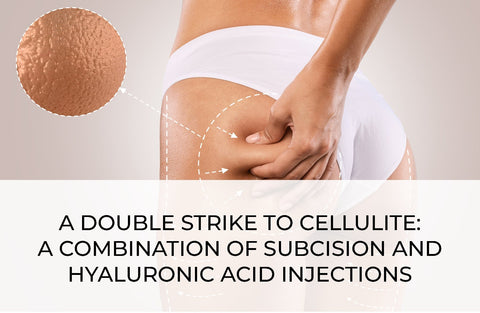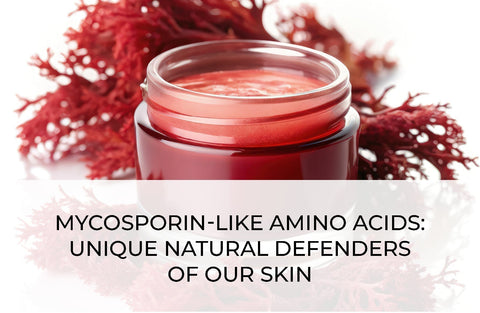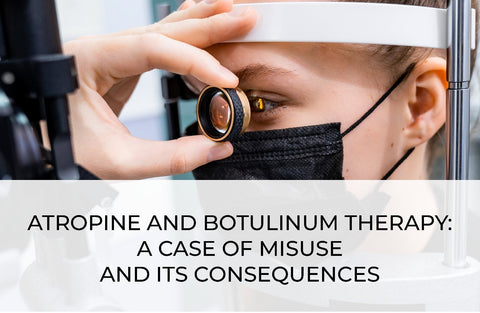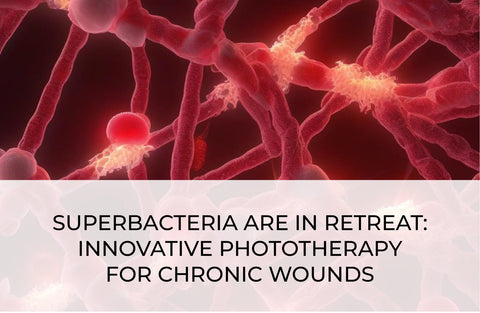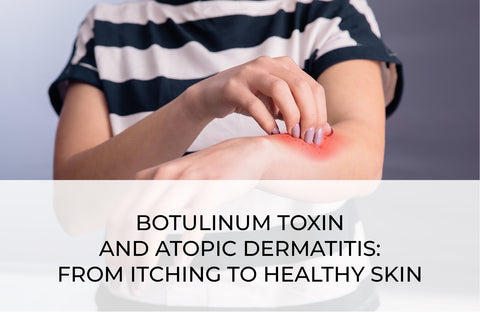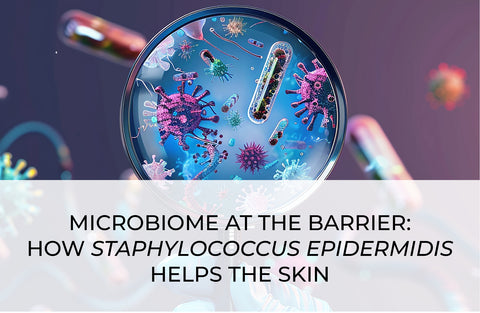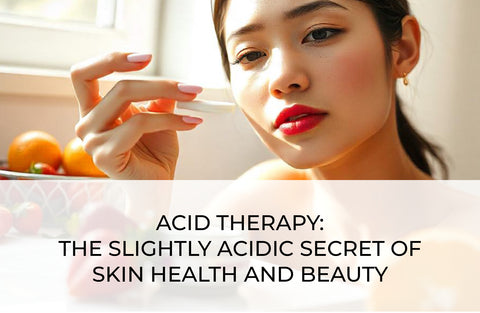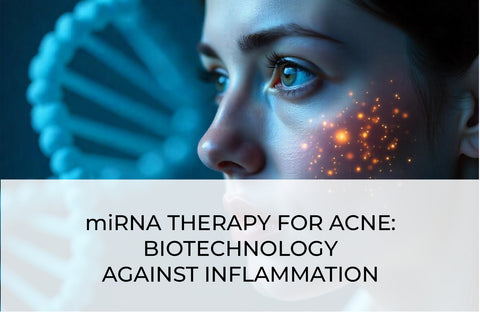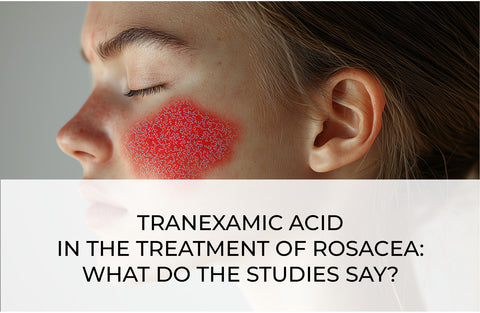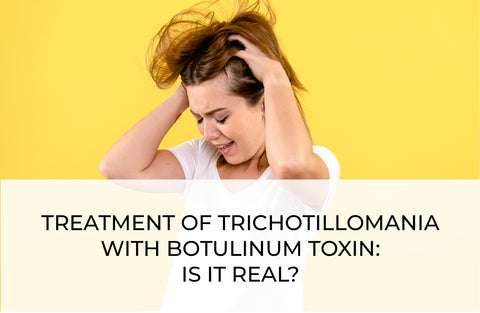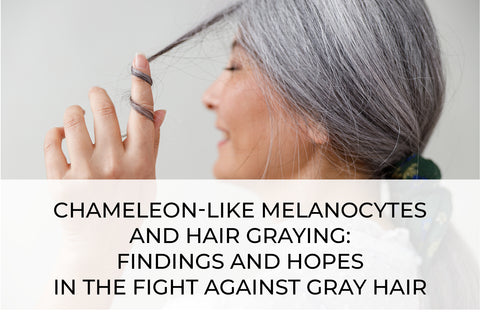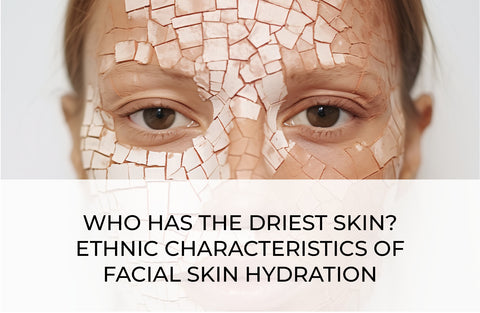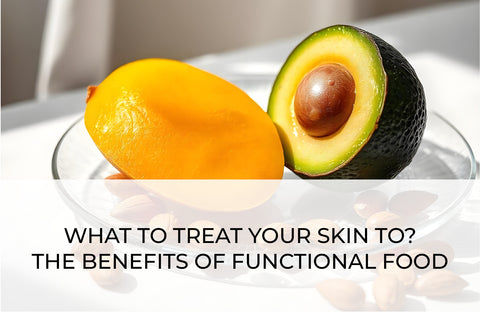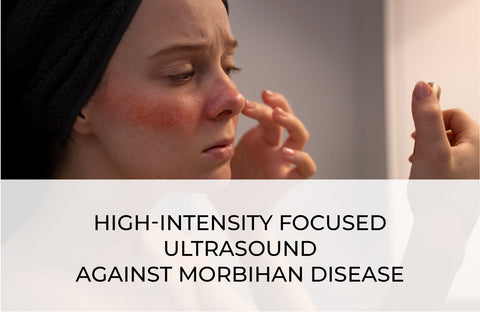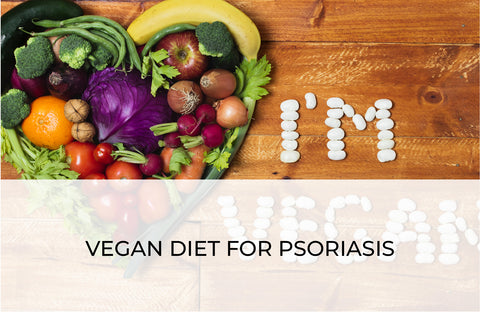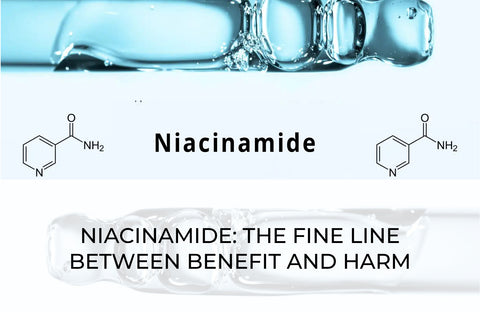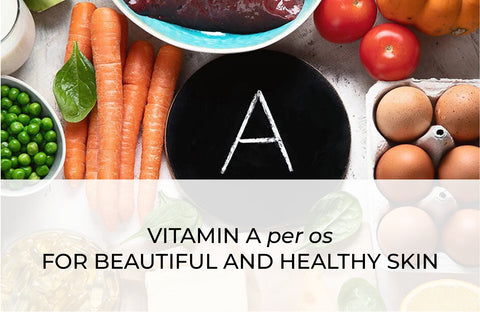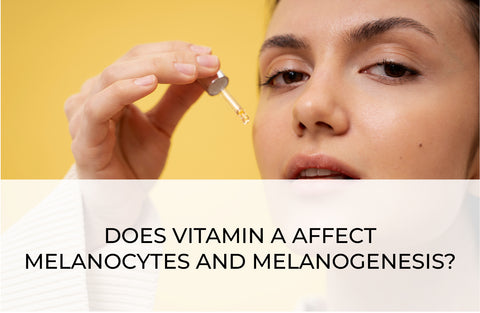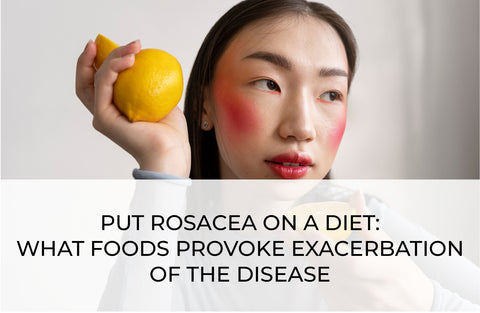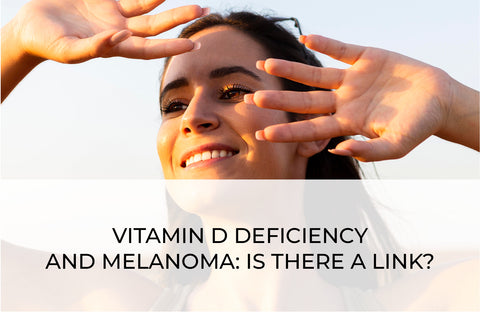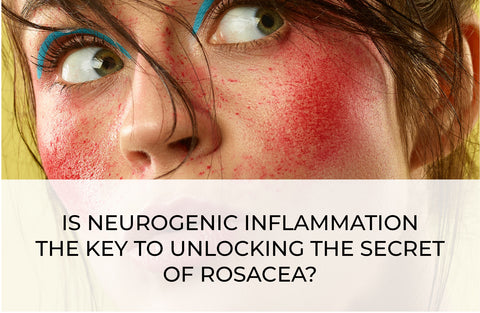VEGAN DIET FOR PSORIASIS

Psoriasis is a chronic inflammatory skin disease characterized by red, itchy, and flaky plaques. Psoriasis affects millions worldwide and can significantly reduce patients' quality of life. The treatment and management of psoriasis is complex due to its multifactorial nature, where genetic, immune, and environmental factors play an essential role. In this light, studying the role of nutrition may open new horizons for understanding and managing this disease.
Psoriasis is caused by increased T-helper cell activity and is characterized by a specific profile of pro-inflammatory cytokines. The disease is often associated with cardiovascular risk factors such as insulin resistance, obesity, dyslipidemia, and hypertension. The levels of pro-inflammatory cytokines elevated in psoriasis affect fat deposition, insulin production, and lipid metabolism, which emphasizes the importance of diet in treating this disease.
Diet plays a significant role in psoriasis, as an unbalanced diet, inappropriate body weight, and metabolic disorders can exacerbate psoriasis resistance to treatment [1]. It is interesting to note that various nutritional patterns influence psoriasis status. Studies have found that a diet based on the consumption of fresh foods, as opposed to a diet dominated by processed foods, improves blood test results and reduces psoriasis activity.
A vegan diet that eliminates animal products can play a significant role in improving skin conditions. It offers a unique approach to managing this condition — by relying on plant-based foods, a vegan diet naturally reduces the intake of saturated and trans fats, which can exacerbate the inflammation associated with psoriasis.
One of the key benefits of a vegan diet is its high antioxidant content derived from fruits, vegetables, legumes, nuts, and whole grain products. Antioxidants help reduce oxidative stress, which plays a role in the pathogenesis of psoriasis. A diet rich in omega-3 fatty acids, especially from plant sources such as flaxseed oil and walnuts, also helps reduce inflammation. Soy, a popular legume in vegan diets, helps protect against psoriasis due to the presence of isoflavones, especially genistein, with potent anti-inflammatory properties. In addition, a plant-based diet increases potassium intake, which may stimulate increased synthesis of cortisol, known for its anti-inflammatory effects. It is important to note that plant-based diets, including vegan diets, not only improve skin conditions in psoriasis but also have a positive effect on weight and body composition and contribute to improving metabolic syndrome scores [2].
The elimination of animal products in a vegan diet reduces the intake of arachidonic acid, an omega-6 fatty acid that may increase inflammation in psoriasis [3]. In addition, avoiding meat and other animal products can reduce cholesterol and saturated fat intake, which has a positive impact on cardiometabolic health, which is essential for psoriasis patients who often suffer from metabolic syndrome.
According to research, a vegan diet also improves the gut microbiome, which may have an indirect effect on skin conditions. A healthy gut microbiome reduces inflammation through the IL-23/IL-17 signaling pathways, which are linked to psoriasis.
Thus, a vegan diet represents a promising approach to psoriasis management. Its high antioxidant and omega-3 fatty acid content and low saturated fat and cholesterol content make it a valuable tool not only for improving skin conditions but also for promoting overall health. This approach helps reduce inflammation associated with psoriasis and may improve patients' quality of life.
References
- Polo T.C.F., Corrente J.E.; Miot, L.D.B., et al. Dietary patterns of patients with psoriasis at a public healthcare institution in Brazil. An Bras Dermatol 2020; 95: 452-458.
- Kahleova H., Tura A., Hill M., et al. A Plant-Based Dietary Intervention Improves Beta-Cell Function and Insulin Resistance in Overweight Adults: A 16-Week Randomized Clinical Trial. Nutrients 2018; 10: 189.
- Garbicz J, Całyniuk B, Górski M, et al. Nutritional Therapy in Persons Suffering from Psoriasis. Nutrients 2021; 14: 119.


